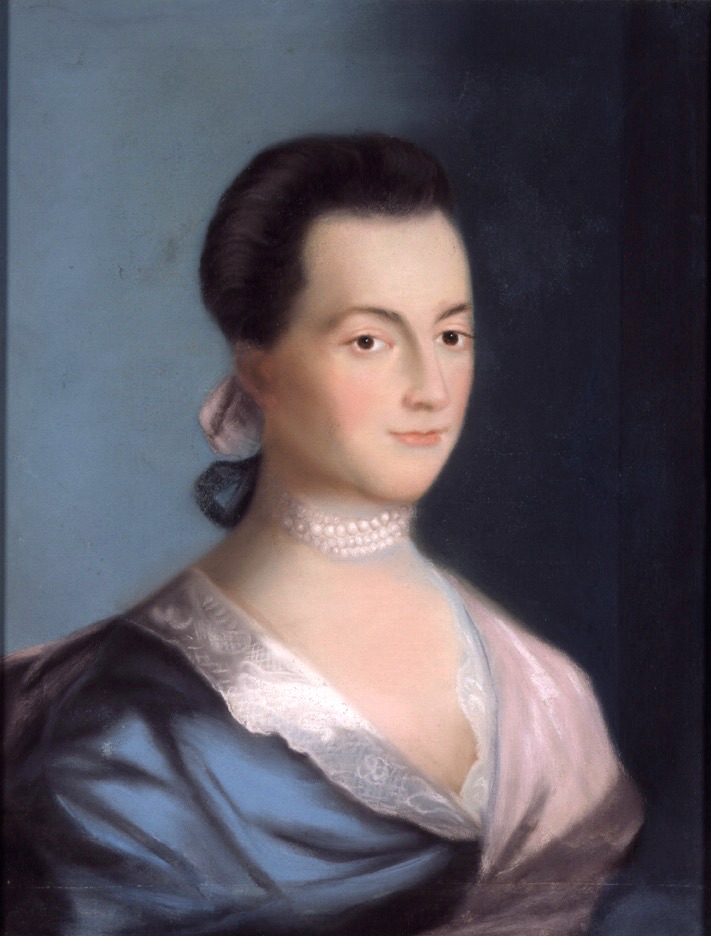“Evitem conceder poder ilimitado aos maridos. Todos os homens seriam tiranos, se pudessem.”
Do not put such unlimited power into the hands of the Husbands. Remember all Men would be tyrants if they could.
Carta para John Adams (31 de março de 1776)
"Writing the DBQ" - Página 16; de Social Studies School Service - Publicado http://books.google.com.br/books?id=B4mLs5Vm7NcC por Social Studies, 2004 ISBN 1560041897, 9781560041894
